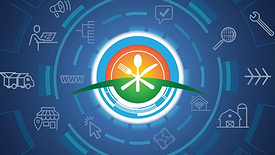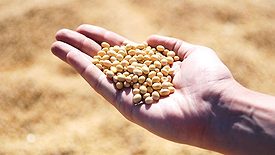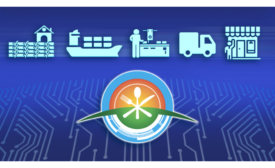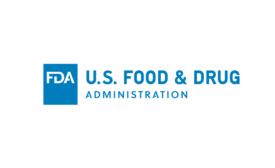Home » traceability
Articles Tagged with ''traceability''
Supply Chain Woes – What is At Stake, and What Will Change?
Unanticipated disruptions, complicated by lean manufacturing principles, can quickly create a critical supply situation.
December 21, 2021
Never miss the latest news and trends driving the food safety industry
eNewsletter | Website | eMagazine
JOIN TODAY!Copyright ©2024. All Rights Reserved BNP Media.
Design, CMS, Hosting & Web Development :: ePublishing











